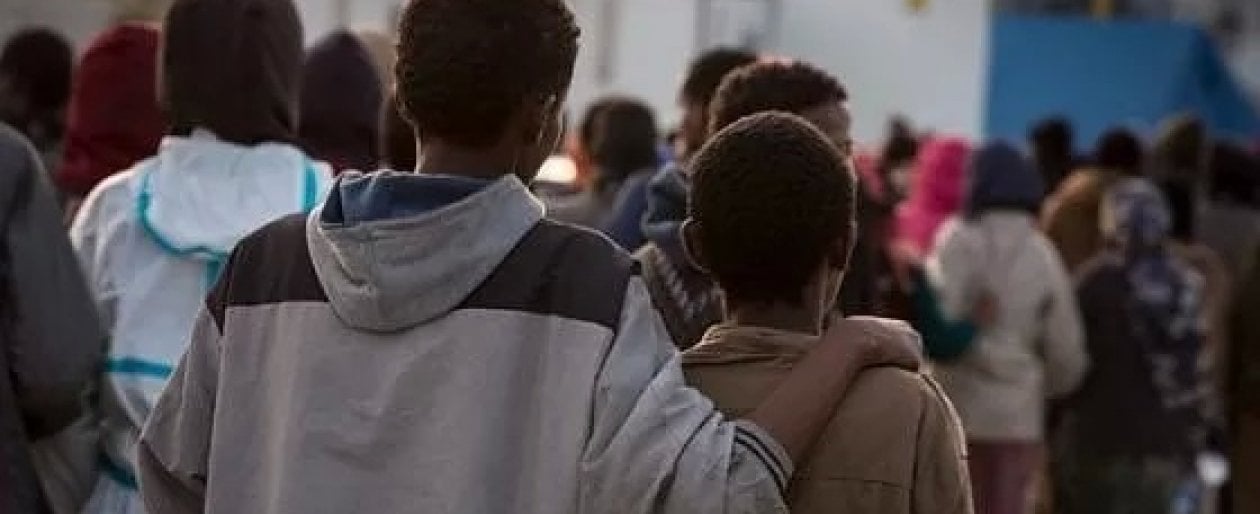Darboe and Camera v. Italy, no. 5797/17, ECtHR, 21 July 2022

The European Court of Human Rights, on 21 July 2022, in Darboe and Camera v. Italy No. 5797/17, condemned the Italian Republic to pay compensation for non-pecuniary damage in favor of a Gambian minor for the violation of Article 8 of the Convention, which ensures the right to respect for family life, and Article 3, which prohibits inhuman and degrading treatments.
Mr. Darboe arrived in Sicily in the summer of 2016 and applied for asylum, claiming to be an unaccompanied minor. Initially placed in a center for unaccompanied foreign minors, three months later he was transferred to an adult reception center. At the request of the prefecture, a local doctor carried out a medical examination to determine his age. The resulting report indicated that his bone age, assessed through X-ray examinations of his wrist and left hand based on the Greulich and Pyle2 method, corresponded to that of an 18-year-old.
With lawyers' assistance, Mr. Darboe applied to the national Court for the appointment of a guardian and the recognition of his rights under national law as an unaccompanied minor asylum seeker. Following the application, he was transferred to a center for minors, but his stay in the adult reception center lasted more than four months.
Given that contracting States have precise positive obligations and must ensure that a minor is not placed in a situation of uncertainty due to which he or she may suffer adverse psycho-physical consequences, the European Court of Human Rights questioned whether the national authorities had guaranteed the procedural rights arising from the status of an unaccompanied minor seeking international protection.
The European and international legal framework provided, according to the judges, appropriate guarantees for the unaccompanied minor asylum seeker, including the appointment of a legal representative or guardian, the assistance of a lawyer and informed participation in the age determination procedure.
In the present case, the Court noted that, due to deficiencies in procedural guarantees after his arrival in Italy, Mr. Darboe was not provided with the necessary means to submit an asylum application and was placed in an overcrowded adult reception center for more than four months. The judges of the European Court of Human Rights also noted the carelessness of the methods of ascertaining the age of the Gambian boy and the lack of information due to the applicant about the type of proceedings and their outcome.
Overall, the Italian authorities failed to apply the principle of the presumption of minority, which is an intrinsic element of the protection of the right to respect for the private life of an unaccompanied foreign individual claiming to be a minor. Although ascertaining an individual's age may be a necessary step in case of doubt as to his or her minority, the above-mentioned principle allows for sufficient procedural guarantees to accompany the relevant procedure. The applicant had not benefited from the minimum procedural guarantees and his placement in an adult care center for more than four months had impaired his right to personal development and to establish and develop relationships with others. This circumstance could have been avoided, according to the Court, if the applicant had been placed in a specialized center or with foster parents.
For these reasons, Italy was condemned for violation of Articles 8 and 3 of the European Convention on Human Rights.
(Comment by Alessandro Cupri)

